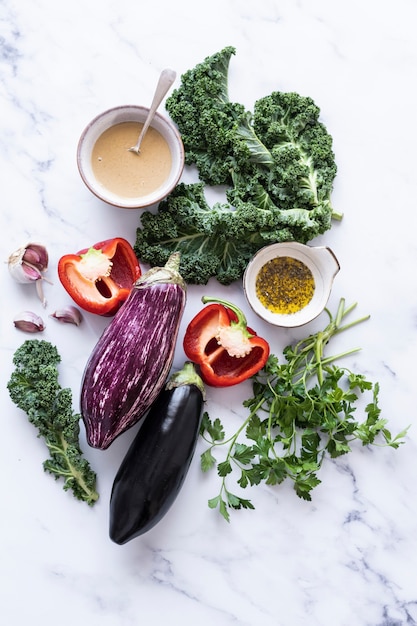
Did you try Veganuary this year? Thinking about going vegan or making plant-based eating a regular habit? Dr. Gemma Newman has some handy tips for you.
With so many diets like low-fat, high-fat, low-carb, high-carb, vegan, paleo, and keto, it can be pretty overwhelming to figure out which one actually works. During Veganuary, participation numbers only keep rising. In 2018, 170,000 people joined, reflecting an 183% increase from 2017, and last year, over 250,000 participated. The trend shows no signs of slowing down.
But is going vegan healthy? What sets it apart from other diets that claim to be good for our health? There’s a lot of confusion because of the media, food companies, and even health professionals themselves. However, it’s hard to deny the advantages of eating lots of fruits and vegetables, embracing whole, unprocessed foods, and steering clear of processed meats, sugary snacks, fizzy drinks, and white flour products.
Many people, unsure about what’s healthy, may just stick to their usual habits, believing in “everything in moderation.” But this isn’t always true. We wouldn’t advise smokers to smoke in moderation. It’s the same with sugary drinks and processed meats. Processed meats are a class 1 carcinogen according to the World Health Organization, meaning they’re a known cause of cancer, so even moderation isn’t beneficial here.
Dr. David Katz, co-founder of the American College of Lifestyle Medicine, gathered top nutrition scientists worldwide through the “True Health Initiative.” They agreed on the importance of a diet rich in vegetables, fruits, beans, nuts, seeds, whole grains, and water for maintaining health. If you compare a paleo diet plate with a whole food plant-based plate, they have more similarities than differences when set against a typical Western diet.
Research shows that the only diet proven to reverse coronary artery blockages within weeks is a whole food plant-based diet. The Lifestyle Heart Trial published in The Lancet in 1990 showed promising results, as did the recent Mount Abu Heart Trial, both of which involved dietary changes alone. Since heart disease is the top killer, it seems logical to recommend a whole food plant-based diet until new evidence suggests otherwise.
Transitioning from a Western diet to a plant-based one can seem daunting. But it’s manageable with the right steps. If you want to start eating plant-based but are unsure how, some cookbooks can help. “So Vegan in 5” by Roxy Pope and Ben Pook, and “BOSH!” by Henry Firth and Ian Theasby offer simple recipes with no more than five ingredients each.
Your transition into plant-based eating depends on your current tastes. You can start by modifying your favorite meals—like making a chickpea curry instead of chicken curry or a lentil Bolognese instead of beef. Enjoying these versions can kickstart your journey. Gradually introduce plant-based options into your meals, beginning with breakfast a couple of times a week, then lunch. Over time, increase the number of plant-based meals you have.
Switching entirely to a whole food plant-based diet can bring benefits quickly, within two to three weeks. However, as with any new diet, you might initially experience bloating or gas as your gut adapts. Both the American and British Dietetic Associations agree that well-planned plant-based diets are healthy for all ages and can help prevent diseases like heart disease and cancer. They’re also linked to reduced risks of chronic respiratory issues and infections in children.
The British Dietetic Association’s Blue Dot Campaign highlights the importance of being able to advise on plant-based diets for all demographics. Sadly, our world is nutrient-depleted due to factors like mono-cropping, degraded land, and pesticide use, leading to deficits in essential nutrients like magnesium, folate, and fiber, often linked to obesity and chronic lifestyle diseases prevalent with Western diets.
A well-planned, whole food plant-based diet is packed with nutrients, especially when following the “nutritarian approach.” But for those fully committed to it, some supplements become necessary. Vitamin B12, for instance, needs supplementation because it’s not readily available in plant-based diets, even though it’s part of animal feed due to the animals’ natural environment. Regularly consuming fortified foods or taking supplements is essential. Vitamin D, omega-3 from algae, and flaxseeds for heart health are also beneficial.
Dr. Gemma Newman, with 15 years in medicine, emphasizes this approach. She’s experienced in a wide range of medical fields, making her advice insightful for those considering or starting a plant-based lifestyle.